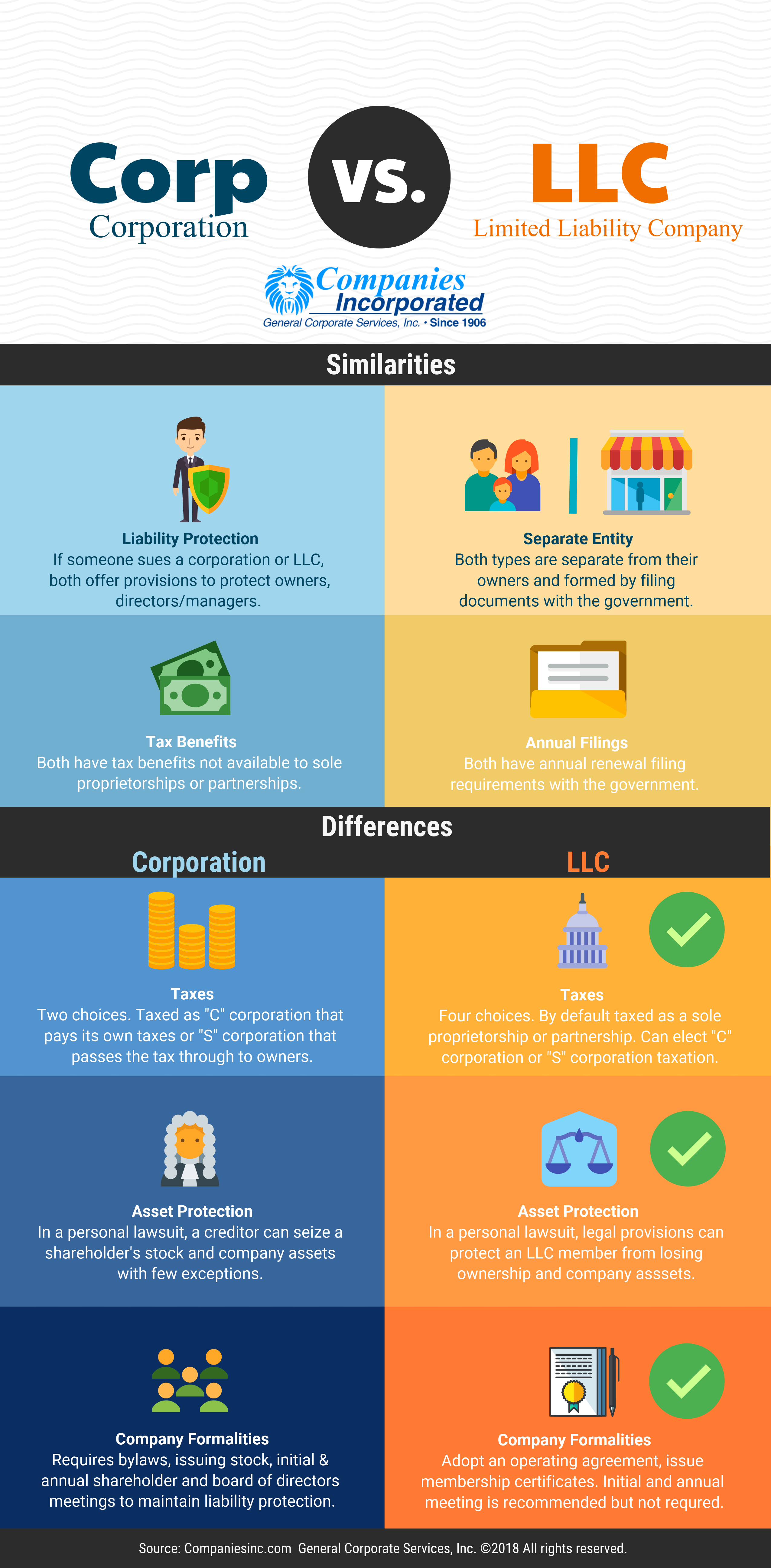
Business administration degrees are required for those who want to work within the consulting industry. You will also need experience in business consulting. This job requires strong analytical and problem-solving skills and knowledge of a variety of different business areas. These are the typical duties, jobs, as well as certifications that management consultants will have. Once you have the experience and skills you need to succeed, you will be able to start a rewarding career.
Positions
The roles of consultants in business consulting are diverse. Some consultants work for a business consulting company on a contractual basis while others have permanent roles with the company. The title of the leader of a consulting firm typically indicates their area of expertise. Other positions include assistant business analyst or consulting executive, as well as administration executive. You will find the following descriptions of the various roles in the management hierarchy for a consulting firm.
A bachelor's degree in business or a related field is the minimum educational requirement for positions in this field. This degree could be in economics, marketing, engineering, or business management depending on the company. The top business consulting firms usually require at least a master's degree. Before applying to a job, candidates should be aware of the company's salary range and culture. Consultants typically earn $50,000 to $100,000 annually after they are hired.

Duties
The desire to achieve greater efficiency and lower costs is driving the increase in demand for business consultancy services. As new technologies improve efficiency and productivity, business will continue to look for the advice of business consultants. Business consultants have a diverse set of duties and responsibilities. Many job openings will require a bachelor's or higher degree. However, there are some that may require a doctorate. The business consulting degree can be obtained in any of the following disciplines: marketing, economics, or management.
A business consultant is a skilled professional who specializes in a specific industry and helps companies solve problems. They can be hired to work with a specific company, or joined to a team to expand their skills. Although the duties of a business consultant will vary depending upon their specific expertise, they may also be expected to attend meetings, perform assessments, gather data, and make strategic decisions. Contract consultants may also be available. Although a business consultant may be skilled in a specific industry or field of expertise, there are many other types of consultants who can help a company succeed.
Certification
You can still learn from the work done by others but professional certifications are becoming increasingly popular. These certifications are great for impressing clients and giving you an advantage over your competition. Many consulting certifications are offered online, which means you can finish them at your own pace. Here are reasons why you should get your consulting certification. Although they may seem more costly than you might imagine, these courses can be very beneficial in the long-term.
It can increase your visibility with clients and provide new opportunities. You don't need to travel far to receive training in many programs. If you are interested to be a manager consultant, then you should look into the certification course. This program will help you gain experience in human resource management and hiring practices. CMC certification can be chosen, which requires three year experience as an management consultant.

Career ladder
If you're considering a career within business consulting, it is important to understand the progression of each position within the firm. As consultants move up the ranks, the amount of time they spend on client engagements decreases. Analysts dedicate 80% to client projects, while Junior consultants devote 20% to professional development. As consultants rise up the ladder, their focus shifts to client projects and project management. Senior Consultants manage internal management affairs and coach junior consultants.
A business consultant can work in many different roles, including project management, marketing and sales. While entry-level consultants offer analysis and recommendations to clients, mid-level managers are responsible for project delivery. Principles and partners focus on selling projects and building client relationships. Although the job titles of consulting jobs can seem confusing, many describe the same job functions. Here are the various roles. You might find it useful to create a mental model of your career path and the roles and responsibilities associated with each one.
FAQ
How long does it take for a consultant to be established?
It depends on the industry and your background. People start work with a few weeks before they find employment.
However, some consultants spend several years honing their skills before finding work.
How do I choose a good consultant?
There are three major factors you should consider:
-
Experience - How much experience does this consultant have? Is she a beginner, intermediate, advanced, expert, or something else? Does her resume demonstrate that she has the required skills and knowledge
-
Education - What did this person study in school? Did he/she continue to take relevant courses after graduation? Can we see evidence of that learning in the way s/he writes?
-
Personality – Do we like this person/person? Would we want him/her to work for us?
-
The answers to these questions help determine if the consultant is right for our needs. If you don't have clear answers, it may be worth meeting with the candidate for an interview.
Why would a company hire consultants?
Consultants offer expert advice to help improve your business' performance. Consultants are not here to sell products.
Consulting helps companies make better decisions. They provide sound analysis and offer suggestions for improvement.
Consultants often work closely with senior management teams to help them understand what they need to do to succeed.
They offer leadership coaching and training to help employees reach their full potential.
They may advise businesses on reducing costs, streamlining processes, and increasing efficiency.
Statistics
- "From there, I told them my rates were going up 25%, this is the new hourly rate, and every single one of them said 'done, fine.' (nerdwallet.com)
- According to statistics from the ONS, the UK has around 300,000 consultants, of which around 63,000 professionals work as management consultants. (consultancy.uk)
- On average, your program increases the sales team's performance by 33%. (consultingsuccess.com)
- Over 50% of consultants get their first consulting client through a referral from their network. (consultingsuccess.com)
- According to IBISWorld, revenues in the consulting industry will exceed $261 billion in 2020. (nerdwallet.com)
External Links
How To
What should I do to get started with a consulting business?
It's a great way for you to make money online by starting a consulting company. You don't have to have any business experience. You can start your own consulting firm by building a website. Once you have a website built, you can start using social media platforms such Instagram and Pinterest to spread the word about you services.
You can create a marketing strategy that includes these things with these tools
-
Blog Content Creation
-
Establishing connections (contacts)
-
Generating leads, also known as lead generation forms
-
Selling products (eCommerce websites)
After you have developed your marketing strategy, it's time to find clients willing to pay for your services. Some people prefer to go through networking groups and events, while others prefer to use online methods such as Craigslist, Kijiji, etc. The choice is up to you.
After you have found new clients, it's important to discuss terms and payment options. This could include flat fee contracts, hourly fees or retainer agreements. It's important to know what you expect before accepting a client so you can communicate clearly throughout the process.
The most common type of contract for a consultancy service is an hourly agreement. You agree to offer certain services at a fixed fee each month or every week. You may be eligible to negotiate a discount, depending on the service that you offer. Make sure you understand what you are signing when you accept a contract.
Next, create invoices and then send them to clients. Invoicing can seem simple until you try it. There are many options for invoices to be sent to your clients. For example, some people prefer to have their invoices emailed directly to their clients, while others print hard copies and mail them. Whatever your preferred method, make sure it works well for you.
Once you have completed creating invoices you will want to collect payment. PayPal is preferred by most because it is easy-to-use and offers multiple payment options. There are many other payment options, such as Square Cash, Square Cash and Google Wallet.
Once you're ready for collecting payments you'll need to set up bank account. You can keep separate checking and savings accounts to track income as well as expenses. It is also a good idea to set up automatic transfers into your bank account for paying bills.
It can seem daunting to start a consulting business. But once you understand how it works, it becomes second nature. For more information on starting a consultancy business, check out our blog post here.
Starting a consulting firm is a great way to earn extra cash without worrying about employees. Many consultants work remotely. They don't have any need to deal with office politics, long hours or office politics. Since you are not tied down by regular working hours, you have more flexibility than a traditional employee.